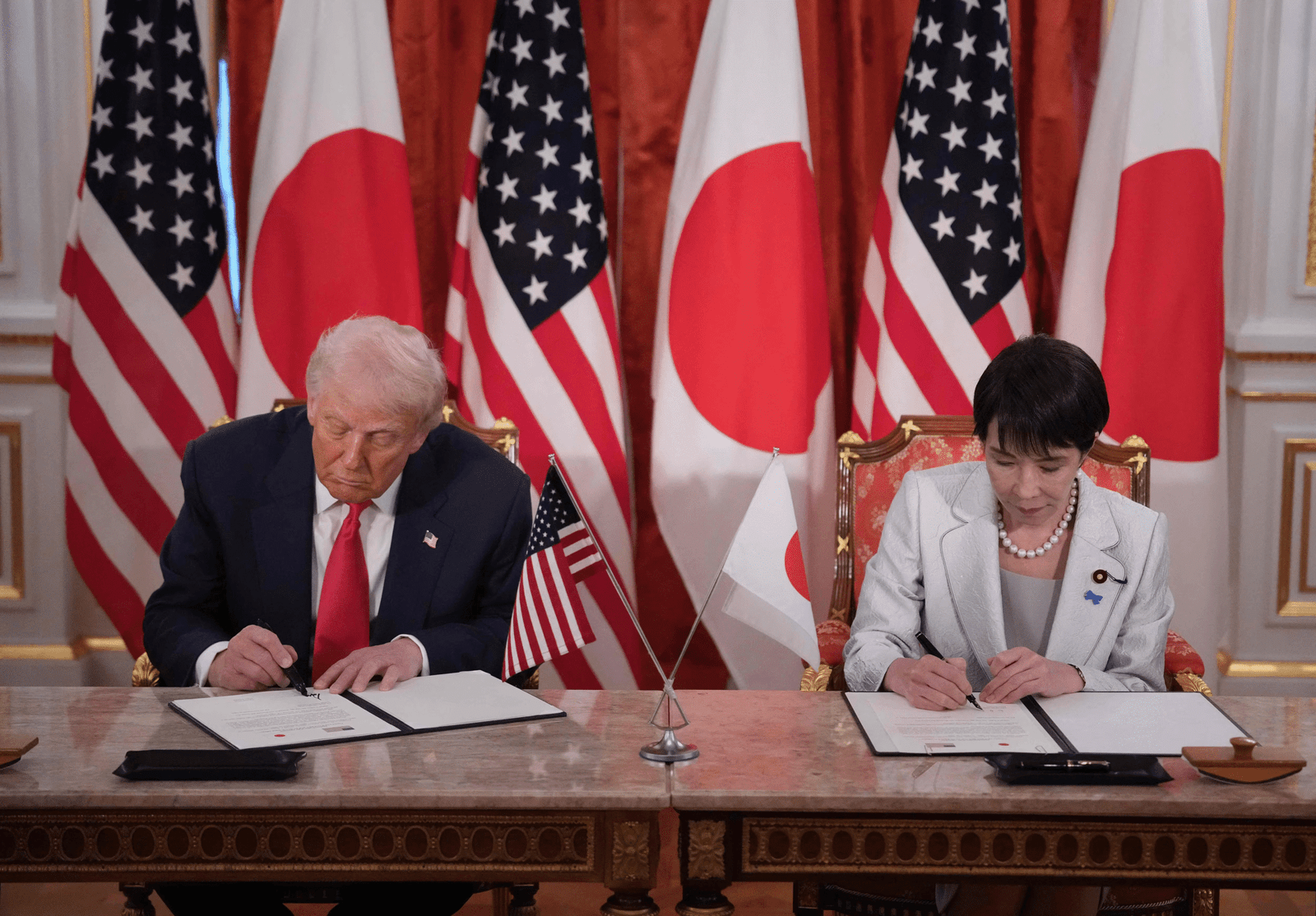Canada has made a bold move to protect its domestic electric vehicle industry by imposing a 100% tariff on Chinese-made electric cars. This decision aims to level the playing field and support Canadian manufacturers as they compete in the rapidly growing electric vehicle market.
The tariff is intended to counter what Canada perceives as unfair trade practices by China, including government subsidies and intellectual property theft. By imposing the tariff, Canada hopes to incentivize domestic production and investment in the electric vehicle sector.
However, the tariff has sparked concerns about potential negative consequences. Some argue that it could lead to higher prices for consumers and limit access to affordable electric vehicles. Additionally, it could strain trade relations between Canada and China, one of its largest trading partners.
The move has also raised questions about the effectiveness of tariffs in protecting domestic industries. Critics argue that tariffs can lead to retaliation from other countries and can harm the overall economy.
Despite the controversy, Canada remains committed to its goal of becoming a global leader in electric vehicle technology. The 100% tariff is a significant step towards achieving this objective, but its long-term impact remains to be seen.











